Science & Society
Sign up for our newsletter
We summarize the week's scientific breakthroughs every Thursday.
-
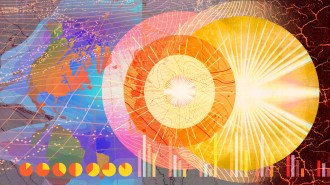 Climate
ClimateLife-saving research on extreme heat comes under fire
The Trump administration’s cuts to heat research come at a time when climate change is making extreme heat waves more common and intense.
By Nikk Ogasa -
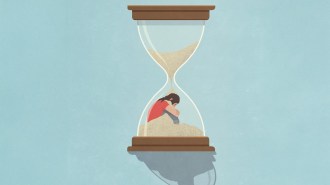 Science & Society
Science & SocietyWhy do we feel starved for time? New research offers answers
Interruptions, to-do lists, lack of autonomy — “time poverty” depends more on perceived shortages of time than actual ones, recent research suggests.
By Sujata Gupta -
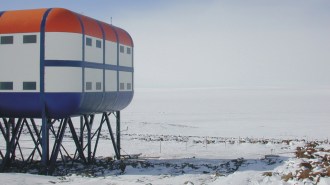 Science & Society
Science & SocietyIf another country tested nuclear weapons, here’s how we’d know
President Trump has argued the U.S. should test nuclear weapons because other countries are doing it. But scientific data suggest they’re not.
-
 Artificial Intelligence
Artificial IntelligenceAs teens in crisis turn to AI chatbots, simulated chats highlight risks
From blaming the victim to replying "I have no interest in your life" to suicidal thoughts, AI chatbots can respond unethically when used for therapy.
-
 Artificial Intelligence
Artificial IntelligenceA conference just tested AI agents’ ability to do science
AI promises to speed up scientific analysis and writing. However, AI agents struggled with accuracy and judgment.
-
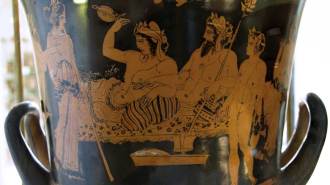 Science & Society
Science & SocietyOur relationship with alcohol is fraught. Ancient customs might inspire a reset
As evidence of alcohol's harms mounts, some people are testing out sobriety. Look to ancient civilizations' ways for a reset, scholars suggest.
By Sujata Gupta -
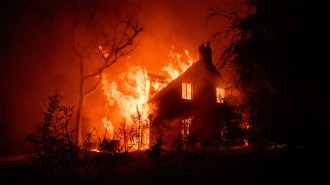 Climate
ClimateAs wildfires worsen, science can help communities avoid destruction
Blazes sparked in wild lands are devastating communities worldwide. The only way to protect them, researchers say, is to re-engineer them.
By Nikk Ogasa -
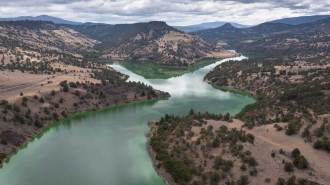 Environment
EnvironmentHow a Yurok family played a key role in the world’s largest dam removal project
In The Water Remembers, Amy Bowers Cordalis shares her family’s account of the Indigenous-led fight to restore the Klamath River in the Pacific Northwest.
By Aina Abell -
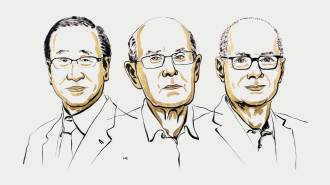 Chemistry
ChemistryChemistry that works like Hermione’s magic handbag wins a 2025 chemistry Nobel
Richard Robson, Susumu Kitagawa and Omar Yaghi developed metal-organic frameworks, structures that can collect water from air, capture CO₂ and more.
By Meghan Rosen -
 Artificial Intelligence
Artificial IntelligenceBiased online images train AI bots to see women as younger, less experienced
Age and gender bias in online images feeds into AI tools, revealing stereotypes shaping digital systems and hiring algorithms, researchers report.
By Sujata Gupta -
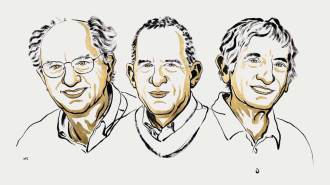 Quantum Physics
Quantum PhysicsDiscoveries that enabled quantum computers win the Nobel Prize in physics
In the 1980s, John Clarke, Michel Devoret and John Martinis demonstrated quantum effects in an electric circuit, an advance that underlies today’s quantum computers.
-
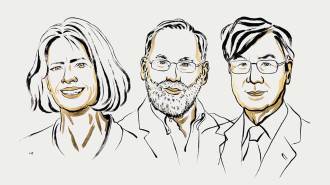 Health & Medicine
Health & MedicineFinding immune cells that stop a body from attacking itself wins medicine Nobel
Shimon Sakaguchi discovered T-reg immune cells. Mary Brunkow and Fred Ramsdell identified the cells’ role in autoimmune disease.